Germany is experiencing a boom in small solar power plants for balconies. They are sold in supermarkets and online, require no permits, cost three figures, and owners receive subsidies. This is in complete contrast to the situation in the United States, where larger solar installations predominate.
Imagine that while shopping at the local supermarket, you buy a 600W solar plant, take it home, install it yourself on the balcony or terrace, and then connect it to an electrical outlet. That's all. Savings begin, and you are also eligible for a subsidy. This may sound absurd in the United States, but it is the reality that many Germans are experiencing. Hundreds of thousands of these solar plants are purchased and installed each year.
In Germany, small solar installations up to 600 watts do not require permits, but owners must register with the local power company and the federal agency. Called “balkonkraftwerk,” these installations typically consist of just two solar modules and a microinverter. They are much smaller than a conventional rooftop solar plant and are also portable.
Homeowners must consume all the electricity that is produced, as it is not sold or transmitted back to the grid. They just see their electricity meter ticking a little slower, not to mention the climate catastrophe.
“It's a great way for people to save real money on their electricity bills and do something good for the environment without having to invest a lot of money up front. You can literally buy one module at a time,” said Joshua M. Pearce, a professor at Western University.
Six hundred watts is a small amount of energy, not enough to boil water in a kettle or cook food on an electric stove. However, many Germans live in apartments, and for them, a small facility is one of the few options available to participate in the green revolution.
Exempt from VAT, balcony generators in German supermarkets start from around €500-€700 but in some cities, the majority of the cost is covered by local municipalities. For example, discounts in the German state of Mecklenburg-Western Pomerania reached up to 500 euros for a household.

And what about savings?
German families consume, on average, 3,500 kWh of electricity per year. A small plant could subtract 600 kWh from that figure, saving 20-30%. That is equivalent to about €100-150 saved each year. There are even specialized storage systems for German apartments, sold by companies like Anker, to ensure that not a single kilowatt-hour is wasted.
While a single installation essentially costs little and saves little, mass balkonkraftwerks contribute significantly to the transformation of Germany's gas-dependent energy sector. In 2021 alone, between 140,000 and 190,000 of these solar devices were sold in Germany, with a total power of around 60 MW.
In the United States, however, typical household electricity consumption is three times higher, around 11,700 kWh per year, and electricity is three times cheaper compared to Germany. This would significantly reduce the return on investment in the United States. Additionally, regulations for such power plants are lacking in the United States, as small installations generally require the same or similar permits as large rooftop solar plants.
"If 'plug-and-play' solar is allowed nationally in the United States, as in Europe, the change in regulations could radically alter the current PV market," Pearce said.
Many potential megawatts and dollars.
The total potential market for plug-and-play solar systems in the United States is staggering, reaching 57 GW. This is comparable to 57 large nuclear power units. Small systems represent a $14.3–$71.7 billion retail sales opportunity, and could generate around 108,417,000 MWh each year, according to a study by Pearce and Aishwarya Shrikant Mundada. This would provide consumers approximately $13 billion a year in cost savings, increasing about 3% per year over the life of the systems. “Many advanced countries already allow 'plug-and-play' solar, such as the United Kingdom and most of continental Europe, but US regulations have lagged behind. In some areas of the United States, small solar installations do not require permits, while in others they do. It depends on the utility and their rules, as there is no comprehensive national law,” Pearce said.
In conclusion, the fever for solar balconies has only just begun in Europe and will soon reach both Spain and the United States. In www.tornasol.energy we are prepared!
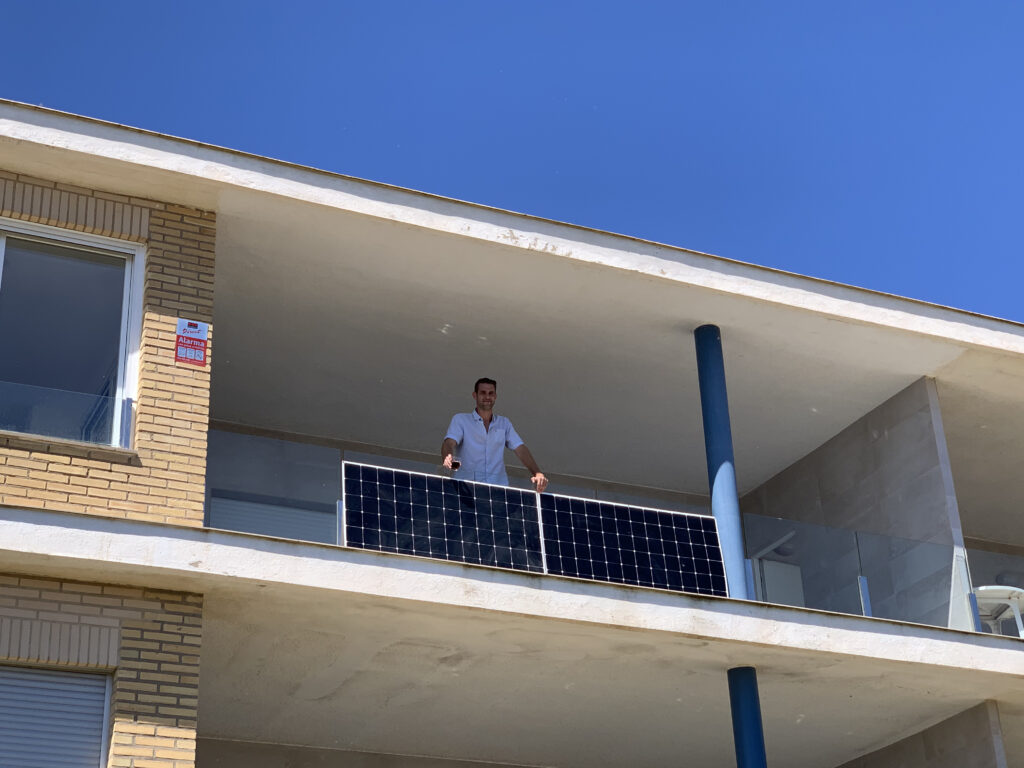
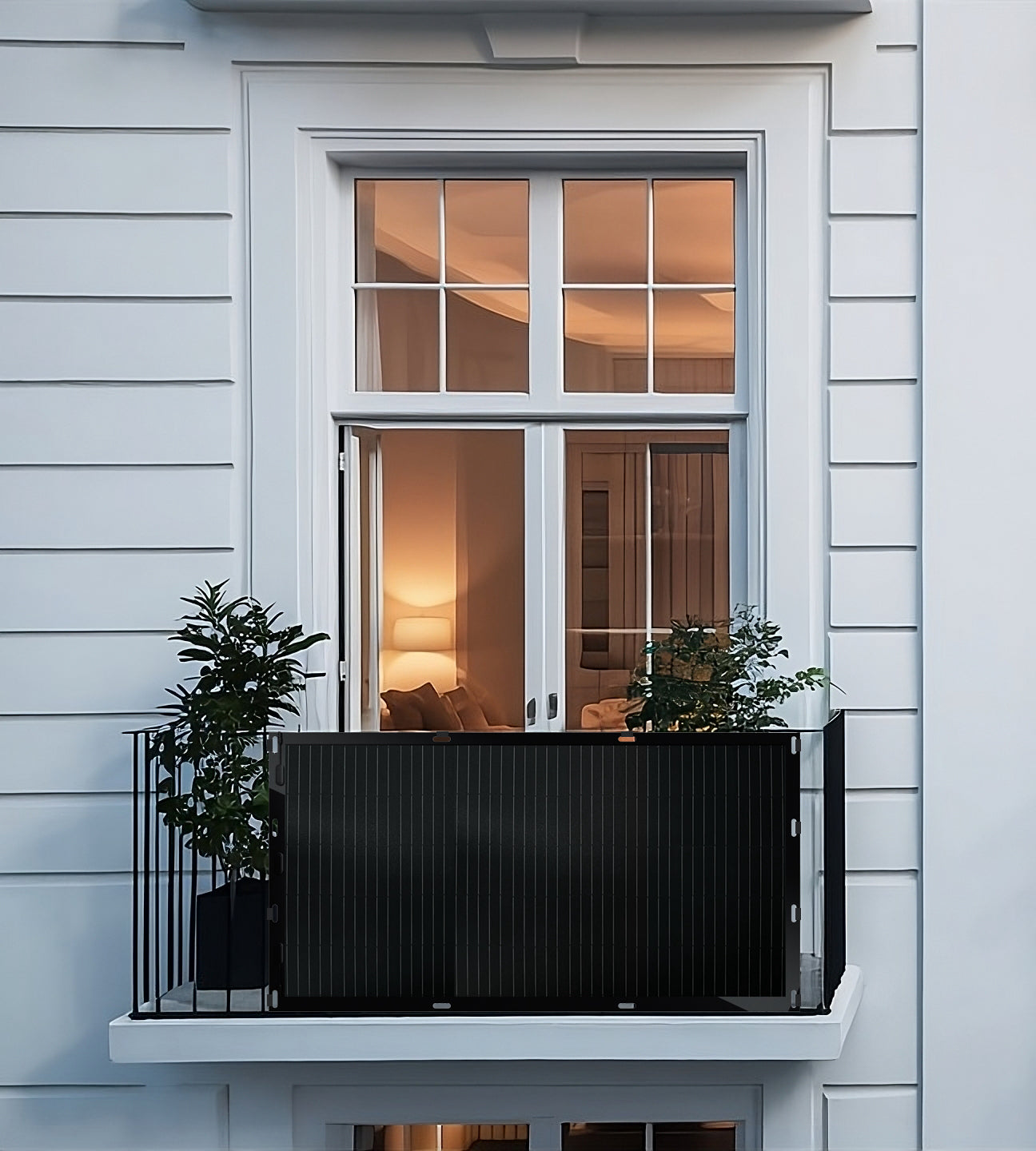
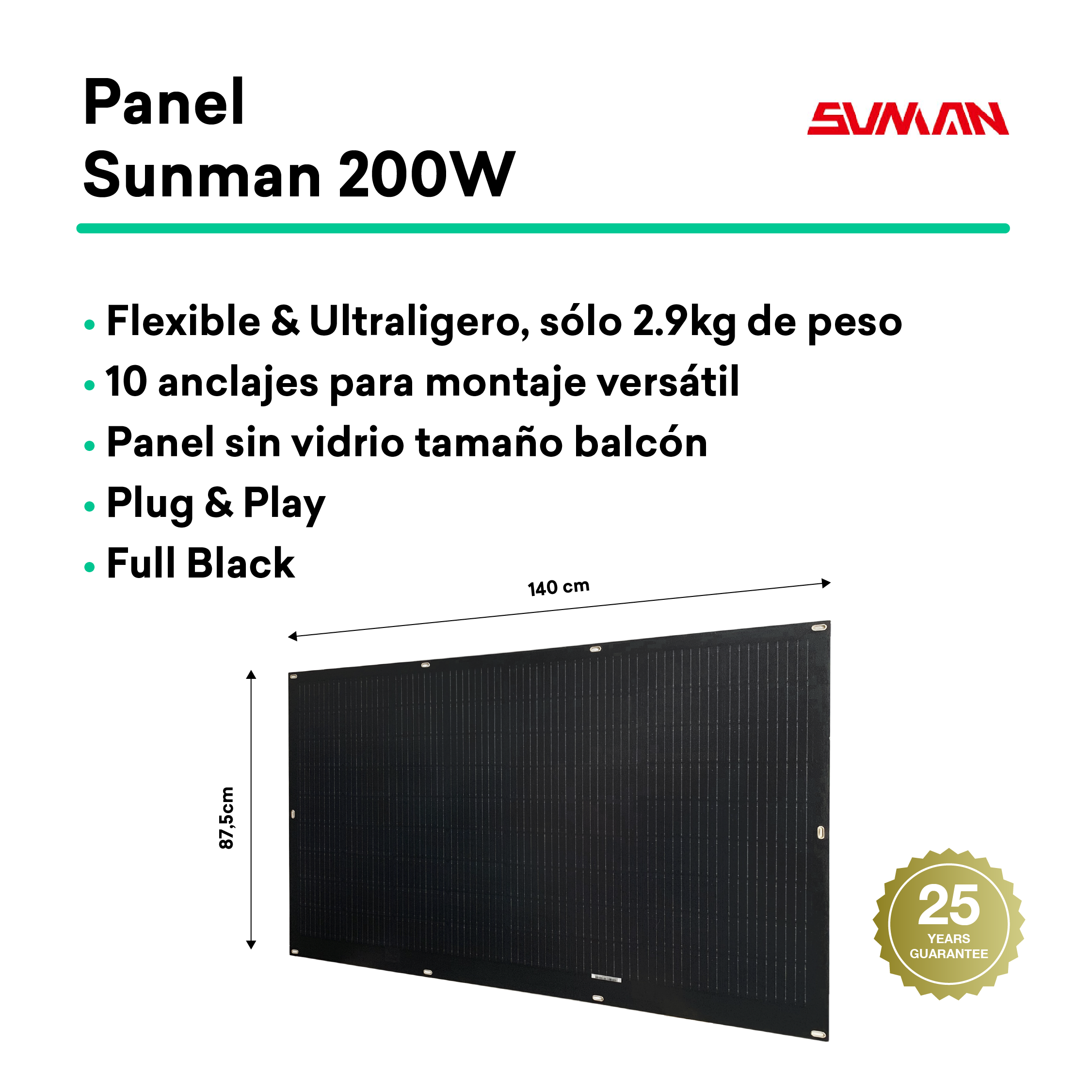
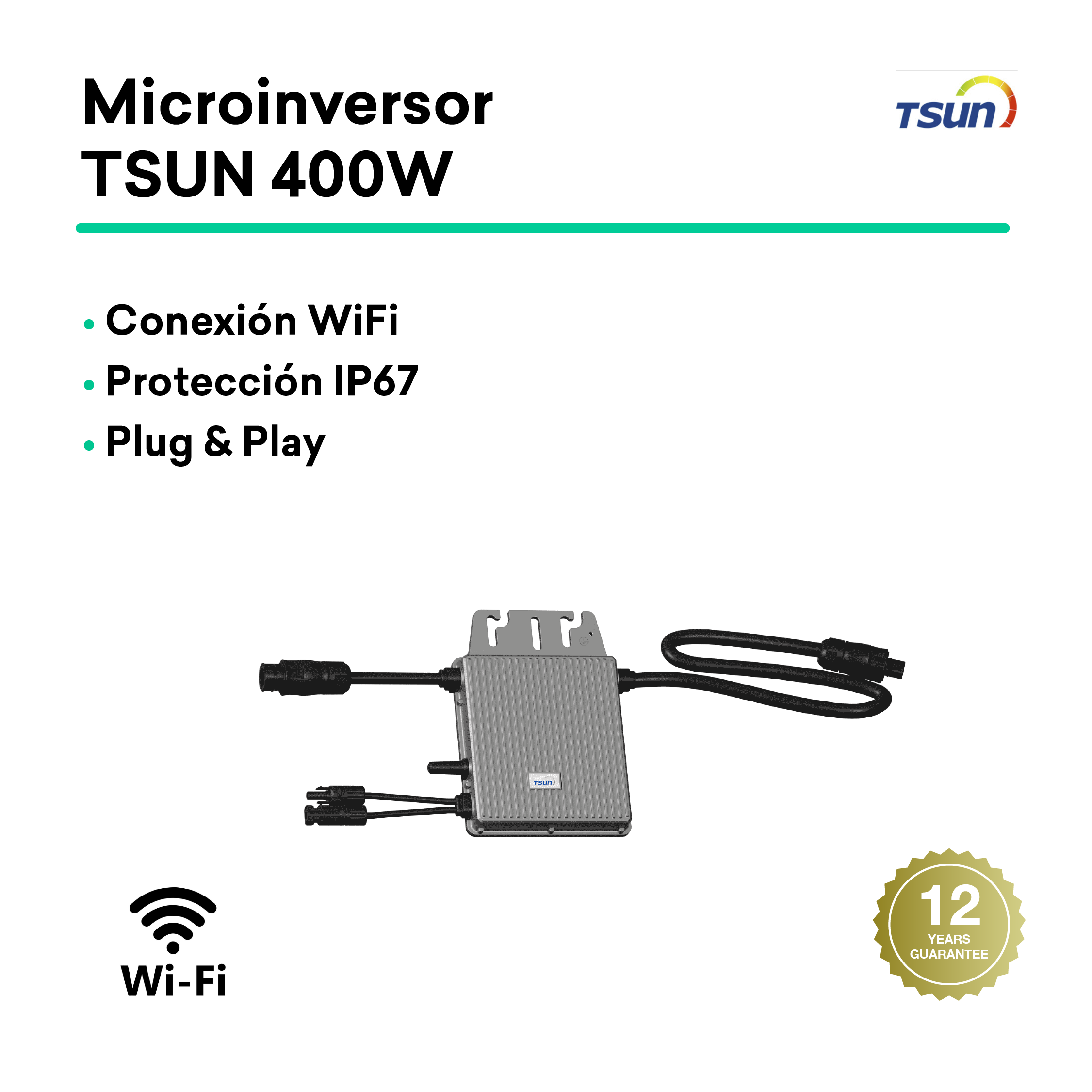
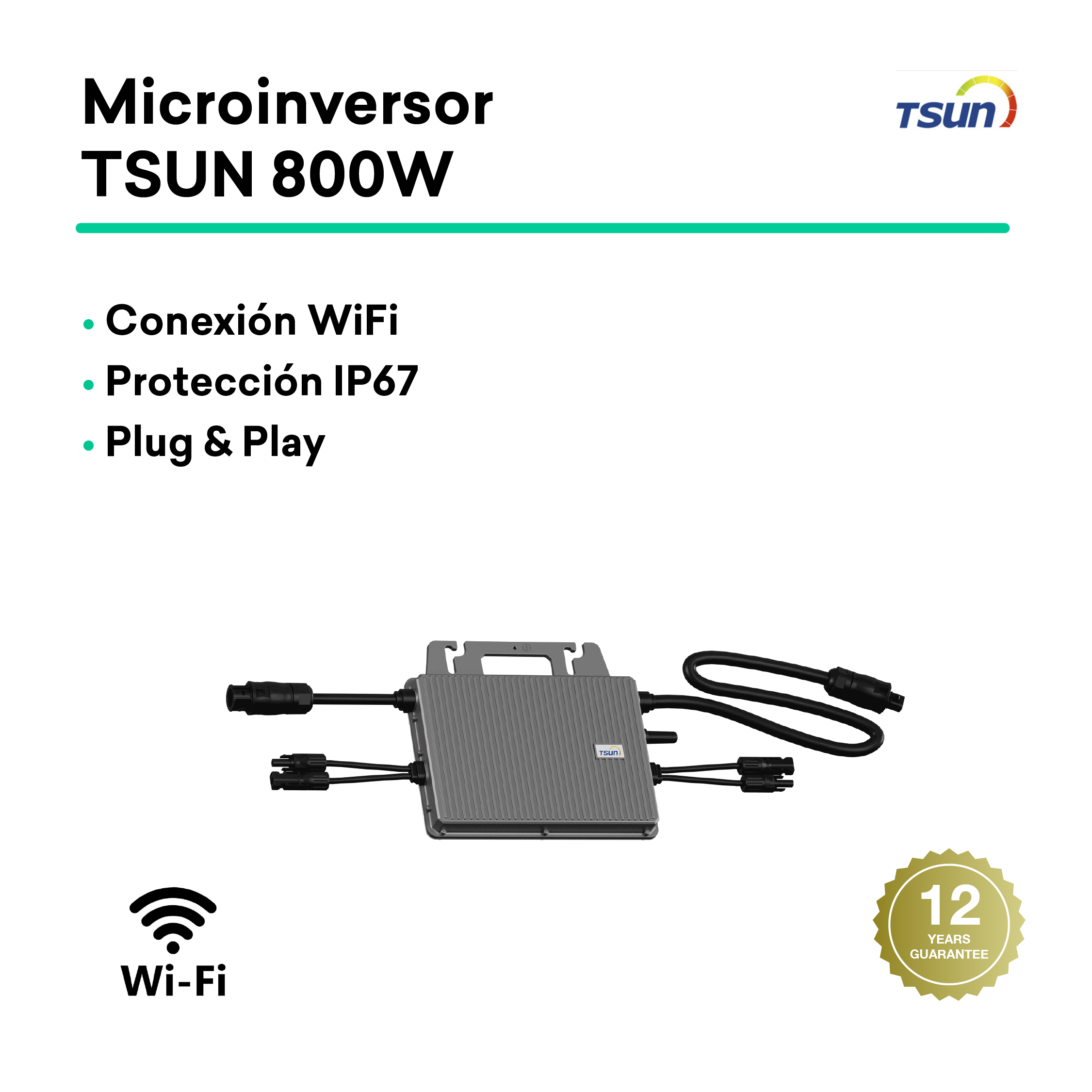
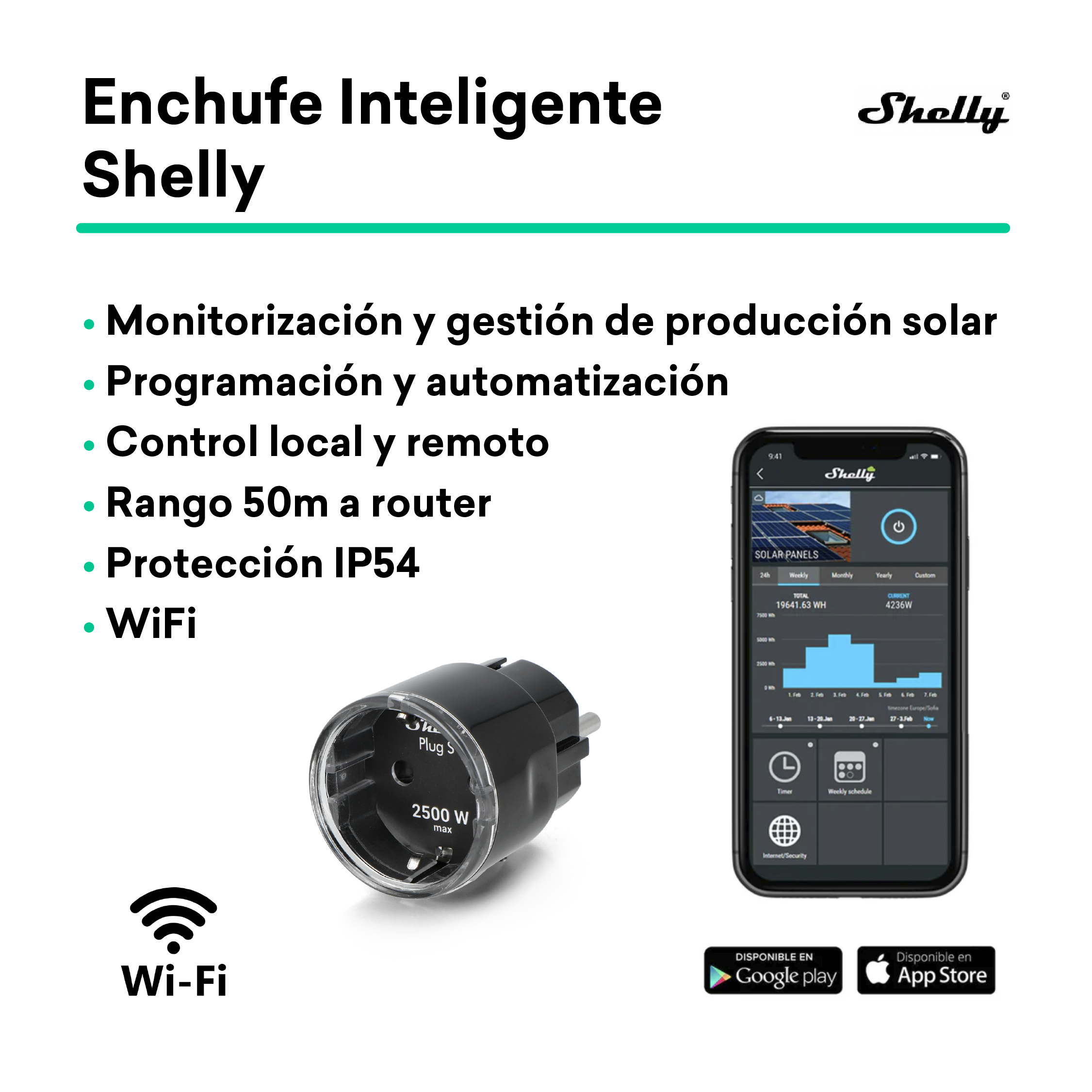
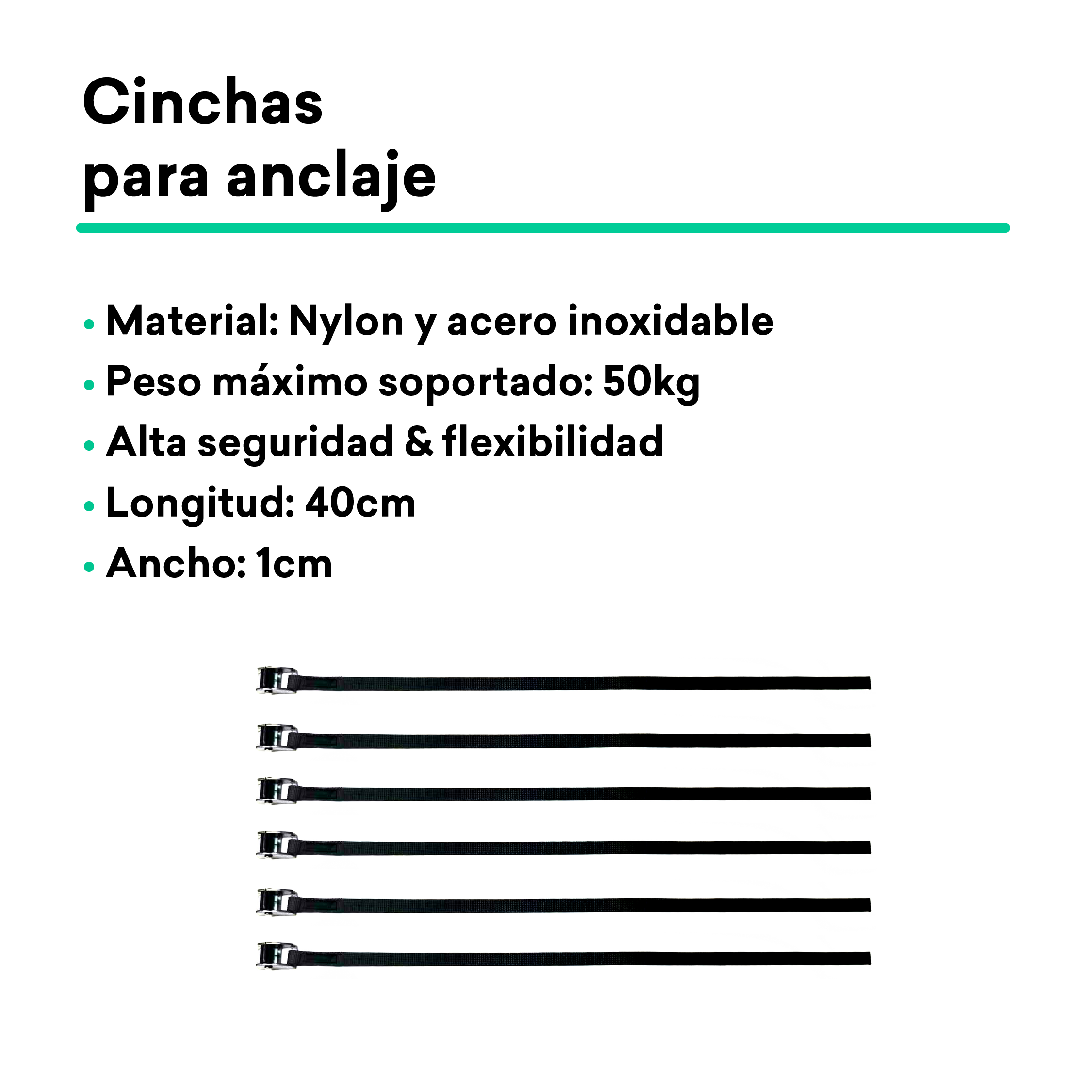

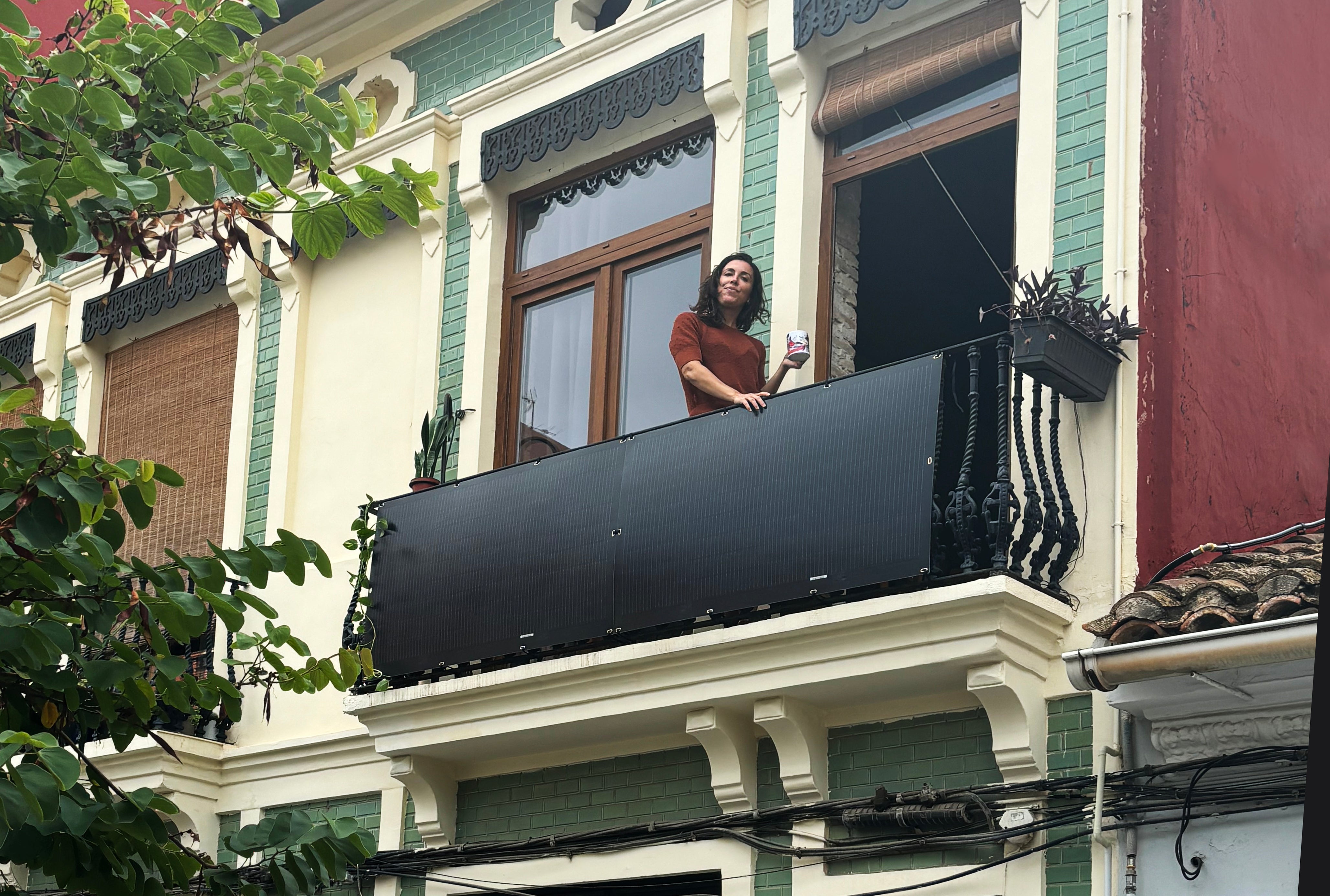






Share:
Aprovecha el invierno: El momento perfecto para instalar balcones solares
The Tornasol Energy balcony solar kit: The most and best valued in Spain